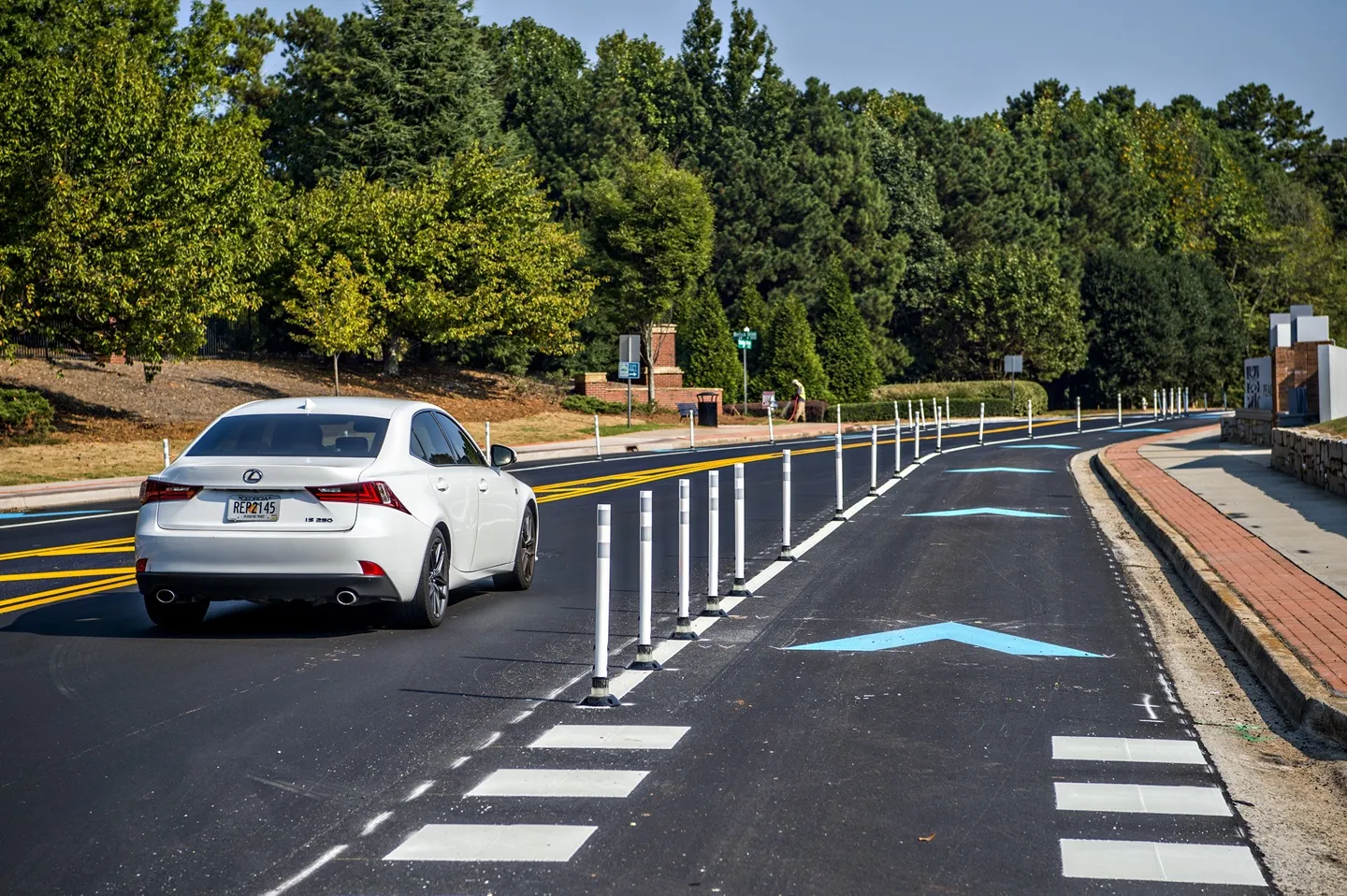
Haas Alert is expanding its work in the US state of Michigan.
Michigan Department of Transportation (MDoT) and the city of Dearborn are looking to extend their use of Haas's Safety Cloud system.
The Vehicle to Everything (V2X) platform, which features in millions of vehicles from Chrysler, Dodge, Jeep and Volkswagen - as well as on navigation apps like Waze - delivers to drivers real-time alerts about upcoming roadway hazards such as emergency vehicles and workzones.
At the state level, MDoT is activating Safety Cloud on a mixture of public safety and roadway maintenance vehicles including State Patrol vehicles, snow ploughs, workzone assets and public transit buses. The state is also developing workforce training resources on the installation and operation of digital alerting technology to pave the way for streamlining and standardising future deployments.
At the local level and as part of broader smart city initiatives, Dearborn announced it is activating Safety Cloud on 300 city vehicles and assets including fire trucks, police vehicles, ambulances and public works vehicles.
“We're pleased to adopt this connected safety service across the state of Michigan," said Bradley Wieferich, director of MDoT. "The services provided by Safety Cloud can support our efforts to continue iterating on ways to better protect all Michigan road users, including our work force."
"As Michigan continues to develop and implement leading mobility solutions, traveller and pedestrian safety will always be our first priority," said Justine Johnson, chief mobility officer with the Michigan Economic Development Corporation. "The Office of Future Mobility and Electrification shares this priority with MDoT, which makes partnerships like Haas Alert so beneficial, as they're using advanced V2X technology to improve the safety of our roadways today."
“Digital alerting is a breakthrough solution in connected vehicles specifically because of the local and state leaders that have embraced it as a critical investment in safety,” said Cory Hohs, Haas founder and chief executive. “By equipping fleets and equipment across the state with Safety Cloud, Michigan is providing automakers with the ideal ecosystem for designing and launching lifesaving connected vehicle solutions at scale."
Haas Alert is one of the companies based in Newlab at Michigan Central, in the Corktown area of Detroit. The centrepiece of this 'mobility innovation district' - which is getting new life as a testbed for new urban transportation solutions - is the old Michigan Central Station, the railway terminus being restored by Ford Motor Company.








